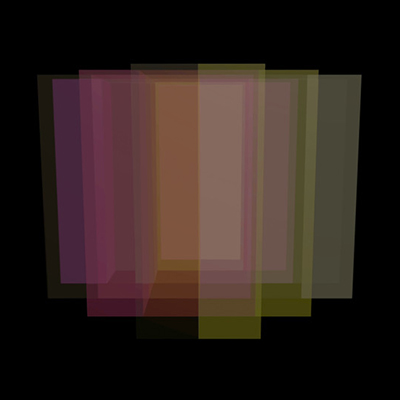Can you believe what you hear? When is a voice or sound authentic?
This exhibition, curated by the Institute for Design Informatics, brings together exciting experimental artists including Martin Disley, Theodore Koterwas and Everest Pipkin, who are working with sound and emerging technologies to explore deep fake audio. Their work asks what it means to synthesise and replicate reality, to bring together human and machine voices, and to literally put words into others’ mouths through their unique creative and critical perspectives.
Exhibition supported by Creative Informatics.
Exhibition details
5-28 August 2023,
10am-5pm daily
Inspace gallery
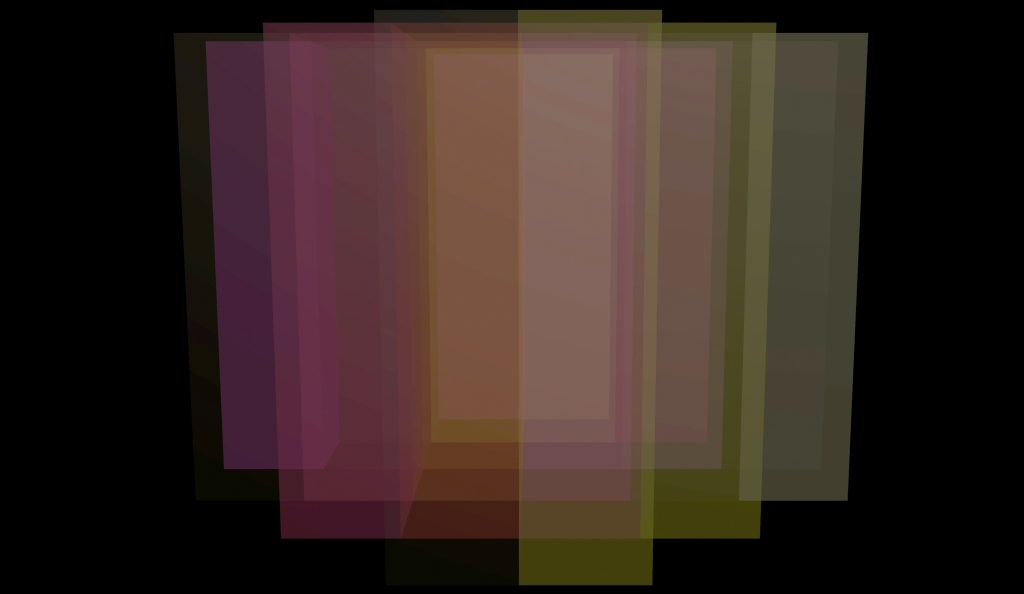
Featured Artists
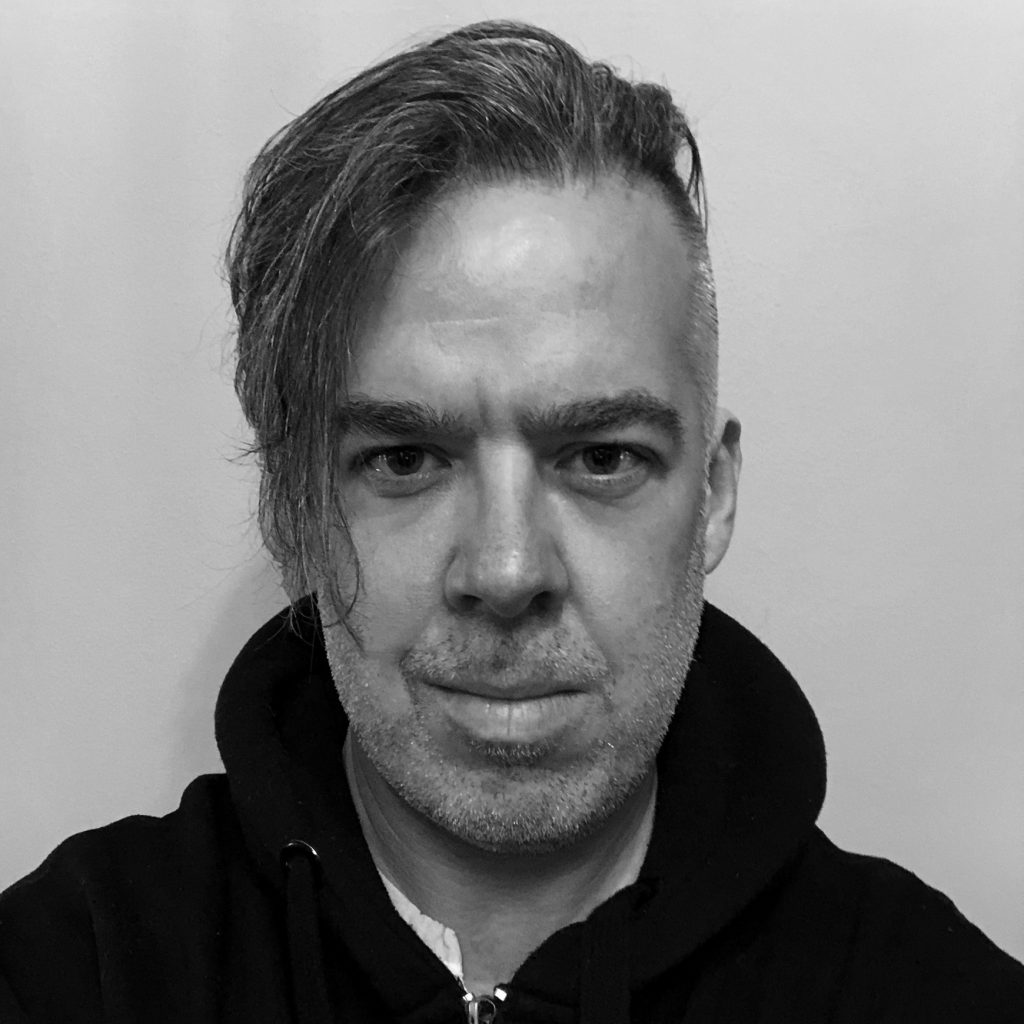
Theodore Koterwas is an artist working with data, physical phenomena and the human body to make things resonate. He seeks to draw critical attention to aspects of daily experience that often go unnoticed but profoundly impact on how we understand each other, technology and the environment.
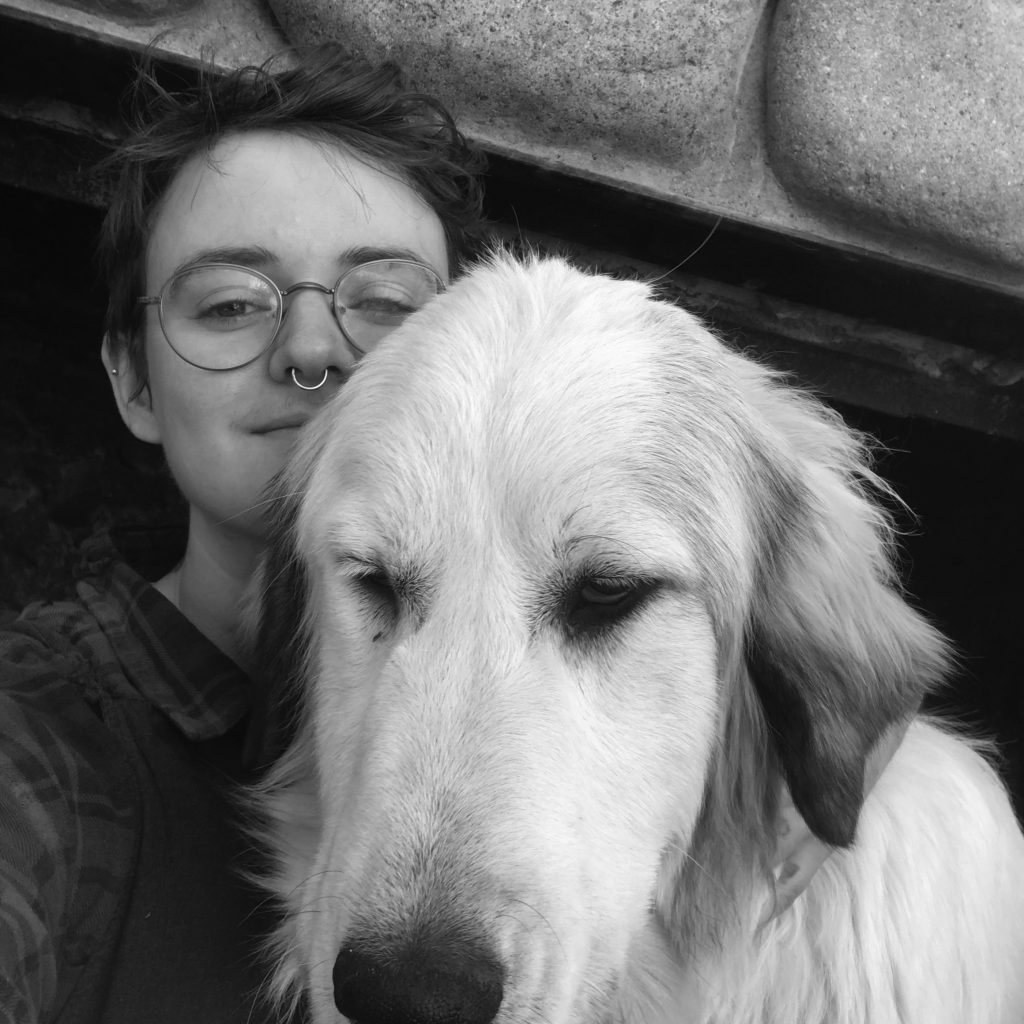
Everest Pipkin is a game developer, writer, and artist from central Texas who lives and works on a sheep farm in southern New Mexico. Their work both in the studio and in the garden follows themes of ecology, tool making, and collective care during collapse. When not at the computer in the heat of the day, you can find them in the hills spending time with their neighbours— both human and non-human.
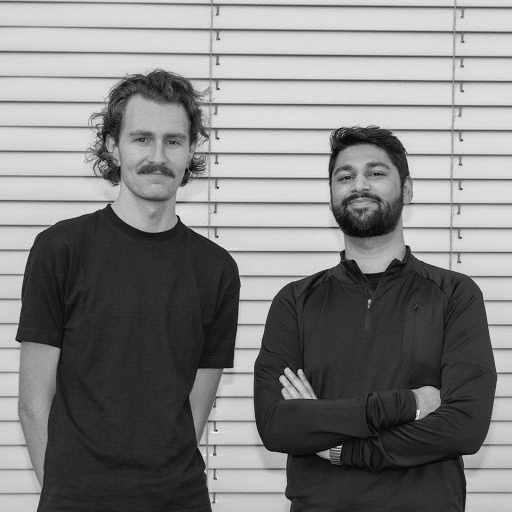
Unit Test is a vehicle for artistic inquiry into computational systems. Co-founded by Martin Disley and Murad Khan, the collaborative studio assembles researchers, engineers and artists to explore aesthetic approaches to investigative computation, producing research publications, software and media art.
Associated Exhibition
Whose voice is it?
Featuring work by Holly Herndon, Never Before Heard Sounds and Rachel MacLean
This associated exhibit features AI creations made by different users of Holly+ and the technology used in the production of AI voice clones for Rachel Maclean’s DUCK. Both works creatively explore voice ownership through voice cloning technology. Innovations in this field are moving at a fast pace and so if clones of our voice are no longer ours, how do we as a society deal with the issues this creates and establish governance structures that encourage responsible and ethical use of these technologies.

Image Credit: AI creations made by different users of Holly+. Photographer Beth Chalmers
Holly+
Holly+ is Holly Herndon’s digital twin, the first of its kind. This custom voice instrument and website by Never Before Heard Sounds allows for anyone to upload polyphonic audio and receive a download of that music sung back in Herndon’s distinctive voice. The website distributes ownership of her digital likeness through the creation of the Holly+ DAO (decentralised autonomous organisation).
Access Holly+ online: https://holly.plus
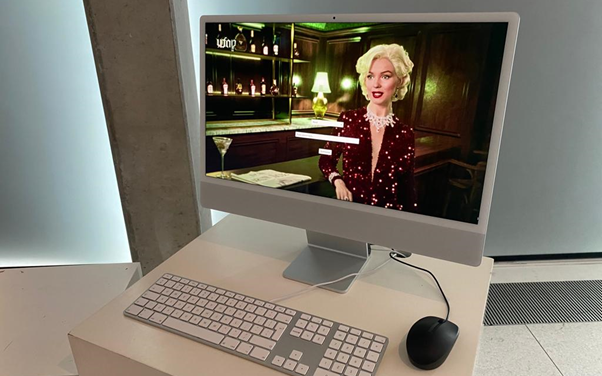
Image Credit: App by Martin Disley, featuring DUCK film by Rachel Maclean, voice cloning technology. Photographer by Inspace
DUCK
DUCK is Rachel Maclean’s latest film, featuring a deepfake British spy thriller starring Sean Connery and Marilyn Monroe. Using deepfake visuals and audio, Maclean – who plays all the characters – swaps her voice and face with the very recognisable cast of actors. Drawing on pop-cultural imagery and content DUCK questions social contexts, political systems, consumer behaviour, or phenomena of the digital world.
Read more about DUCK: https://duck-film.com
DUCK (2023) was produced by Forest of Black with support from Newcastle University, Kunstpalais, Inspace, and Edinburgh University’s Department of Design Informatics.
Event Programme
Opening Reception and Artist Talks
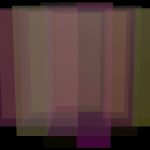
Fri, 4 Aug 2023, 6-8pm
The opening reception featuring talks by three exhibiting artists.
Exploring the potential for Creative AI
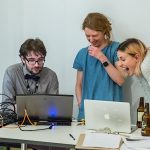
Thu, 10 Aug 2023, 10:30am – 2pm
A workshop to discuss and explore how creatives in Scotland are working with AI, and what support they need to develop further.
Making and Deepfaking the News
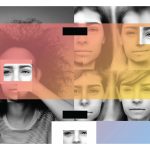
Tue, 15 Aug 2023, 2-4pm
An interactive workshop about journalism in the age of artificial intelligence.
